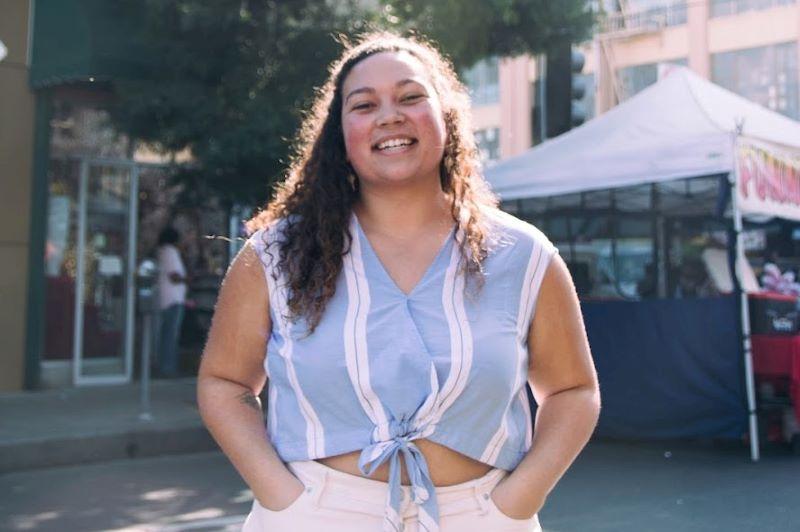-

Hear from Monica Toft, Academic Dean
Learn how Monica Toft, Academic Dean, is shaping the study of global affairs and diplomacy at Fletcher.
Hear from Prof. Toft -

Explore Fletcher academics in action
Fletcher Features offers insights, innovation, stories and expertise by scholars.
Get global insights -
Get application tips right from the source
Learn tips, tricks, and behind-the-scenes insights on applying to Fletcher from our admissions counselors.
Hear from Admissions -

Research that the world is talking about
Stay up to date on the latest research, innovation, and thought leadership from our newsroom.
Stay informed -
Meet Fletcherites and their stories
Get to know our vibrant community through news stories highlighting faculty, students, and alumni.
Meet Fletcherites -

Forge your future after Fletcher
Watch to see how Fletcher prepares global thinkers for success across industries.
See the impact -

Global insights and expertise, on demand.
Need a global affairs expert for a timely and insightful take? Fletcher faculty are available for media inquiries.
Get in Touch
Visibility for the Pacific Islander Community
AAPI Heritage Month Reflection from Ina Thigith MALD24

Observed annually each May, Asian American and Pacific Islander Heritage Month is a time to celebrate the rich cultural diversity of Asian Americans and Pacific Islanders and recognize their vast contributions to our nation’s history. The Fletcher School asked members of our community to reflect upon what the month means to them. Hear from Ina Thigith MALD24 on the importance of Pacific Islander representation and inclusion.
This Asian American Pacific Islander (AAPI) Heritage Month, I am reflecting on the continued struggle of Pacific Islander peoples facing cultural erasure and a lack of representation, even within the AAPI community. Just last week, the White House hosted a forum on Asian Americans, Native Hawaiians, and Pacific Islanders. During the event, one of the presenters discouraged using the #AANHPIHM hashtag to post about the event, as nobody would remember it, and instead to, “Just do the Asian Heritage Month.” Unfortunately, this casual erasure of the Pacific Islander identity is not a new phenomenon. It has rippling effects; as Pacific Islanders, due to our small population, we are often overlooked even during a month that is supposed to celebrate all those of Asian and Pacific Islander heritage.
Pacific Islanders and Native Hawaiians are historically disenfranchised and only recently gained recognition from the U.S. Census in 2000 when data for Pacific Islanders and Native Hawaiians were disaggregated from the umbrella term of “Asian.” Disaggregated data is something that the Pacific Islander community fought for and is still fighting for at all levels of representation. Data capture is essential for assessing the needs of the community. Pacific Islanders often face reduced income, a lack of health insurance, and lower educational attainment rates versus the general Asian population in the United States. These needs were overlooked outside of the Pacific Islander community for years, and we finally have the opportunity to begin to address them in a more informed way. I am grateful to those who continue to dedicate their time to serving our community, even as the world overlooks us.
My goal in pursuing higher education has always been to uplift other members of the Pacific Islander community; as a person of Yapese descent growing up in Massachusetts, it was challenging to gain cultural visibility outside of my immediate family. I encourage everyone this AAPI Month to be critical of events and conversations that exclude Pacific Islander voices from the narrative and to consider participating in collective actions to prevent the erasure of our culture. Please consider donating to the efforts of non-profit organizations like Empowering Pacific Islander Communities (EPIC) and the Pacific Islander Wellness Initiative and patronizing Pasifika-owned businesses when you can. A Chuukese proverb states, “Aramas chok angang,” meaning life is with people, and only through people the work can be done.
Happy AAPI History Month!
Ina Thigith F24 is a MALD student studying Human Security & Humanitarian Affairs. She is a current non-profit professional working at the Pacific Council on International Policy and is proud to be Yapese.

